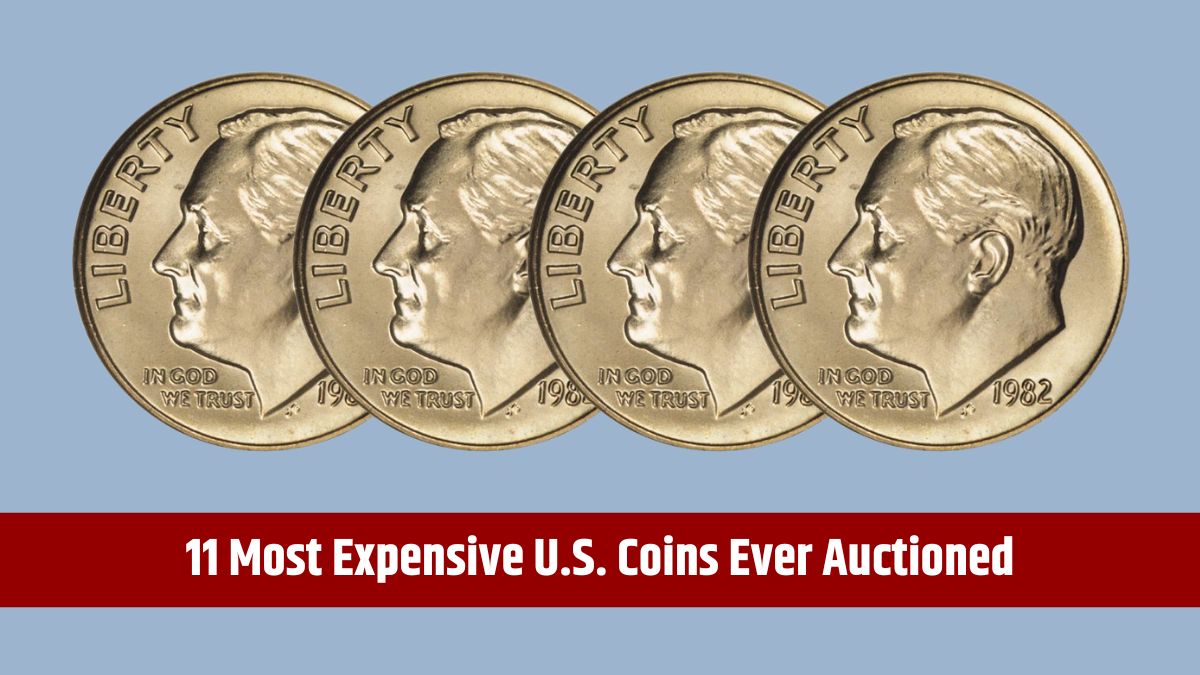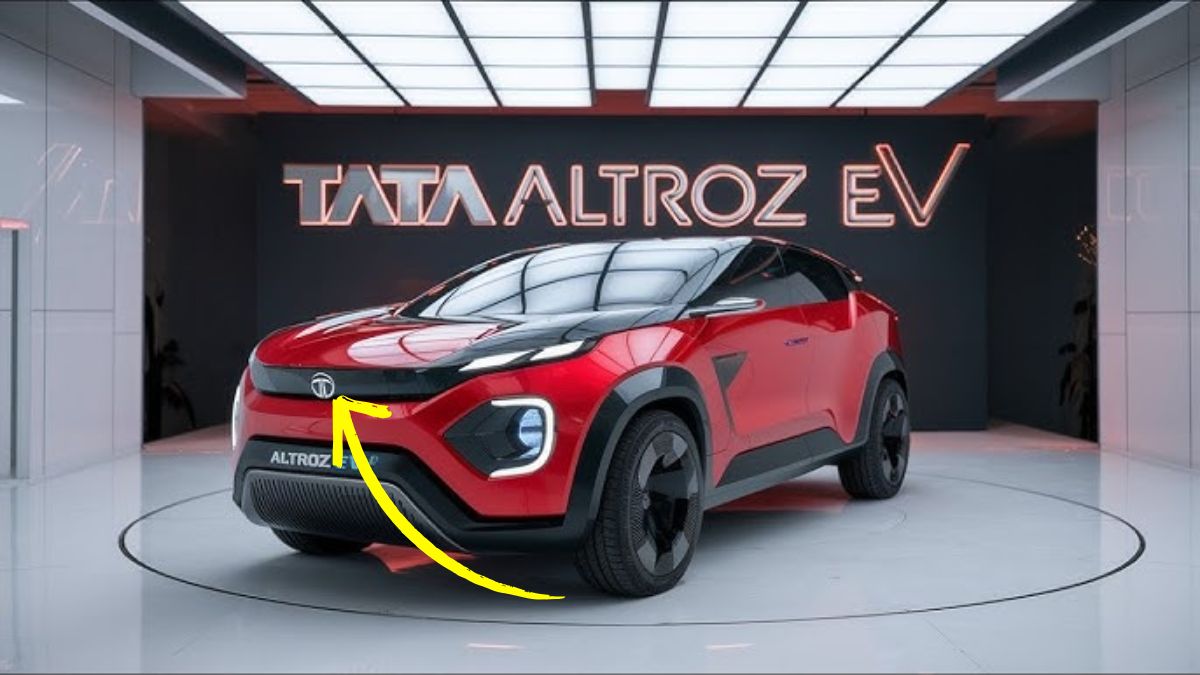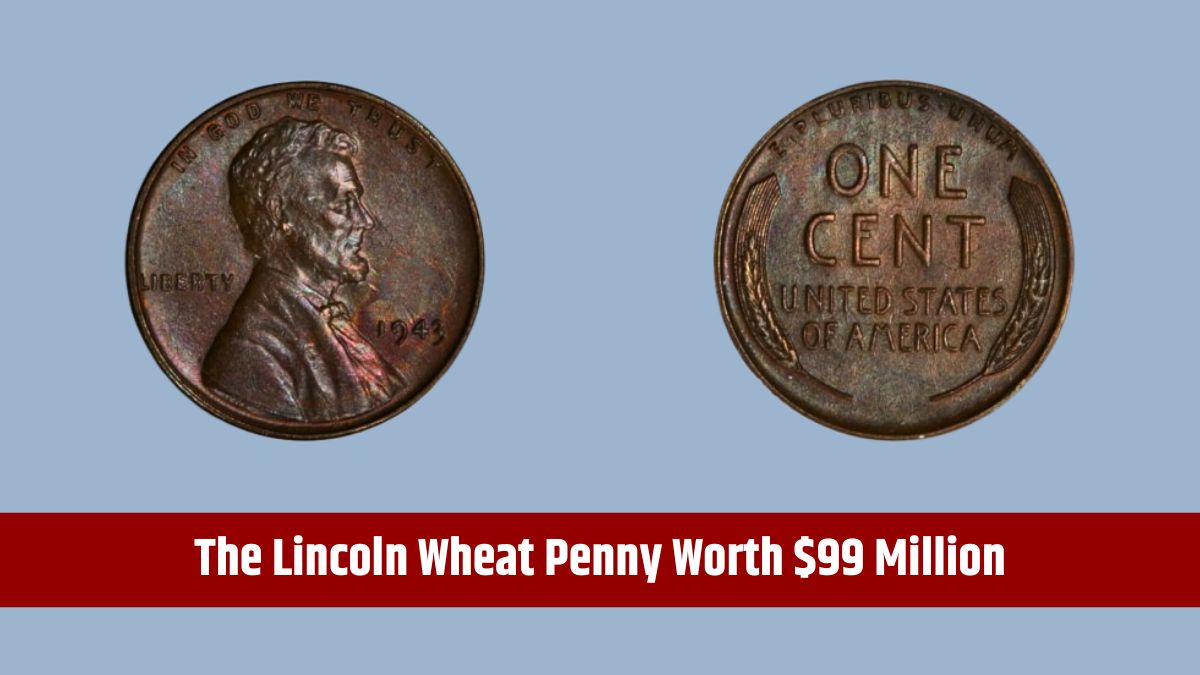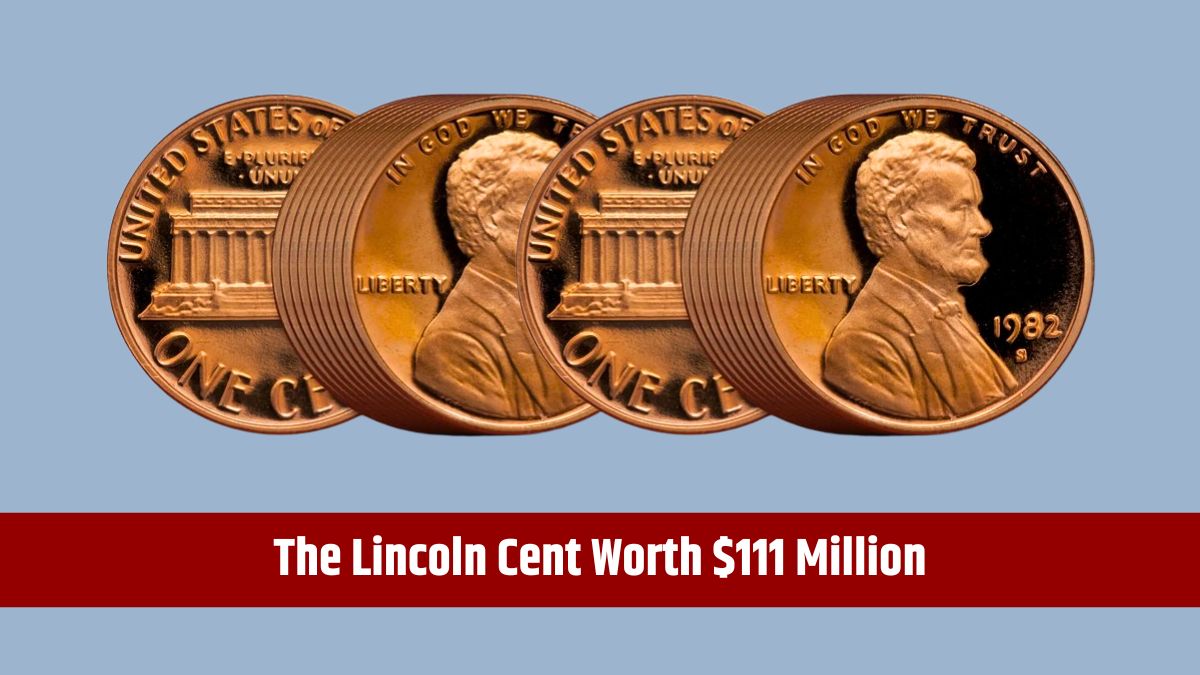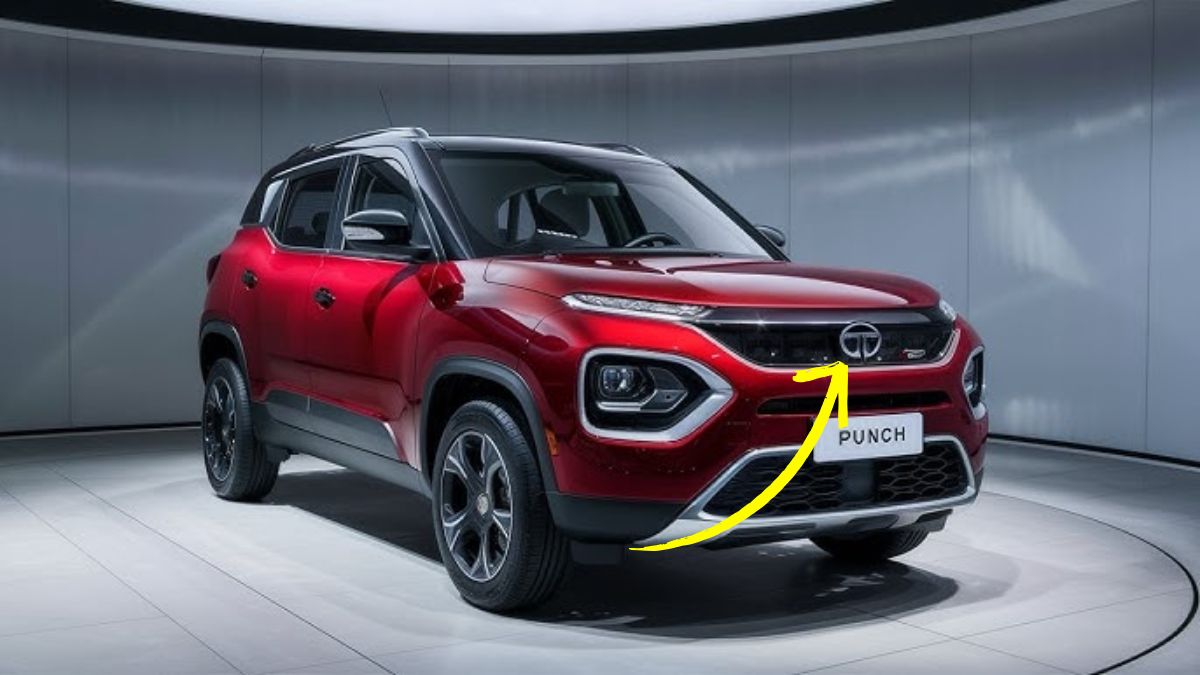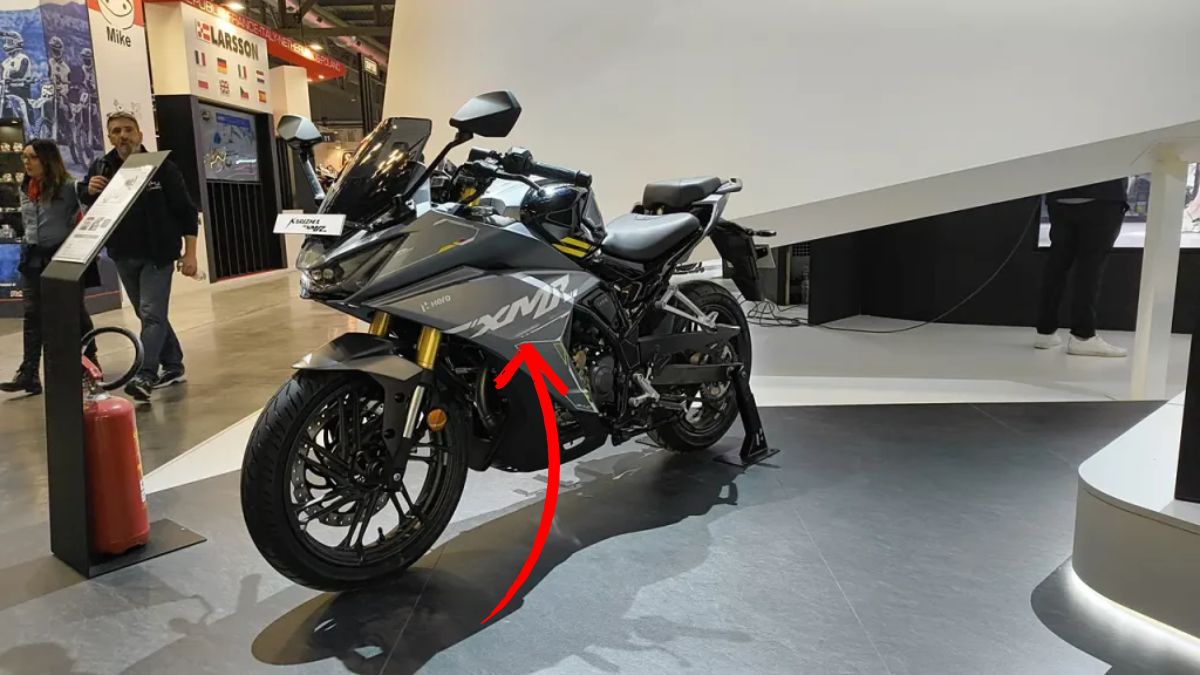While most dimes are seen as everyday currency, certain rare varieties have extraordinary value. These small coins can surprise collectors, with some worth up to $100,800 or more. From historic rarities to intriguing minting errors, let’s look into some of the most valuable dimes sought after by numismatists.
Table of Contents
Legendary 1894-S Barber Dime
The 1894-S Barber Dime is a legend in U.S. numismatics, and for good reason:
- Rarity: Only 24 were minted, with fewer surviving today.
- Recent Sales: Prices have exceeded $2 million.
- Lower Grades: Even less pristine examples fetch over $100,000.
- Historical Significance: This coin’s rarity makes it one of the most coveted U.S. coins ever produced.
Classic 1916-D Mercury Dime
Collectors adore the 1916-D Mercury Dime for its beauty and rarity:
- Limited Mintage: Only 264,000 were struck.
- Value: High-grade examples sell for $20,000+, with exceptional specimens reaching $100,000.
- Identification: Look for the “D” mint mark on the reverse.
- Design: Its elegant depiction of Liberty makes it a collector favorite.
1982 No Mint Mark Roosevelt Dime
Even modern dimes can have surprising value due to errors:
- Error: Missing the expected “P” mint mark.
- Cause: A minting oversight during production.
- Value Range: Can sell for hundreds to thousands, depending on condition.
- Rarity: Easier to find compared to older rare dimes but still valuable.
Elusive 1975 No S Roosevelt Dime
This proof coin is highly prized by collectors:
- Mint Mark Error: Missing the “S” mark, which is unique for a proof coin.
- Value: Well-preserved examples exceed $30,000.
- Rarity: Only a limited number exist.
- Significance: A key example of minting errors adding value.
How to Spot Valuable Dimes
When examining dimes, consider these factors:
- Date and Mint Mark: Key to identifying rare varieties.
- Condition: Coins with minimal wear are more valuable.
- Errors: Look for missing mint marks, doubling, or other irregularities.
- Original Luster: Indicates a coin is uncirculated.
Tips for Collectors
Interested in adding valuable dimes to your collection? Follow these guidelines:
- Avoid Cleaning Coins: Cleaning diminishes value.
- Store Properly: Use protective holders to prevent wear.
- Research: Understand what makes a coin valuable before buying.
- Professional Grading: Consider certification for high-value specimens.
- Community Support: Join coin collecting groups for insights and advice.
Where to Buy and Sell
Rare dimes can be traded through these platforms:
- Local Coin Shops: Great for in-person evaluations.
- Online Marketplaces: Platforms like eBay and specialized sites.
- Numismatic Auctions: Professional auctions often yield high prices.
- Coin Shows: Connect with dealers and other collectors.
- Professional Dealers: Experts can authenticate and appraise your coins.
Role of Professional Assessment
If you suspect you have a valuable dime:
- Consult Experts: Seek out experienced numismatists.
- Grading Services: Use trusted companies like PCGS or NGC for certification.
- Market Research: Check current values and sales trends.
- Documentation: Keep detailed records of your coin’s history and condition.
Investment Perspective
Rare dimes can also be smart investments:
- Historical Value: Coins tied to significant events often appreciate over time.
- Rarity: Limited supply drives demand.
- Condition: Pristine examples hold greater long-term value.
- Market Trends: Growing interest in numismatics supports higher prices.
- Grading: Professionally graded coins are more marketable.
The world of rare dimes offers a mix of historical appreciation and financial potential. While finding one of these treasures might be rare, the thrill of discovery makes it worth examining every dime in your pocket.
Handle coins carefully, avoid cleaning, and consult professionals to ensure you’re preserving their value. Whether you’re collecting for fun or as an investment, rare dimes are proof that great value can come in small packages.
FAQs
What makes the 1894-S Barber Dime so rare?
Only 24 were minted, and few survive today.
How can I identify a 1916-D Mercury Dime?
Look for the “D” mint mark on the reverse.
What is unique about the 1982 No Mint Mark Dime?
It lacks the “P” mint mark due to a minting error.
Why is the 1975 No S Dime valuable?
It’s a proof coin missing the “S” mint mark, making it rare.
Should I clean my valuable dimes?
No, cleaning reduces their value significantly.
